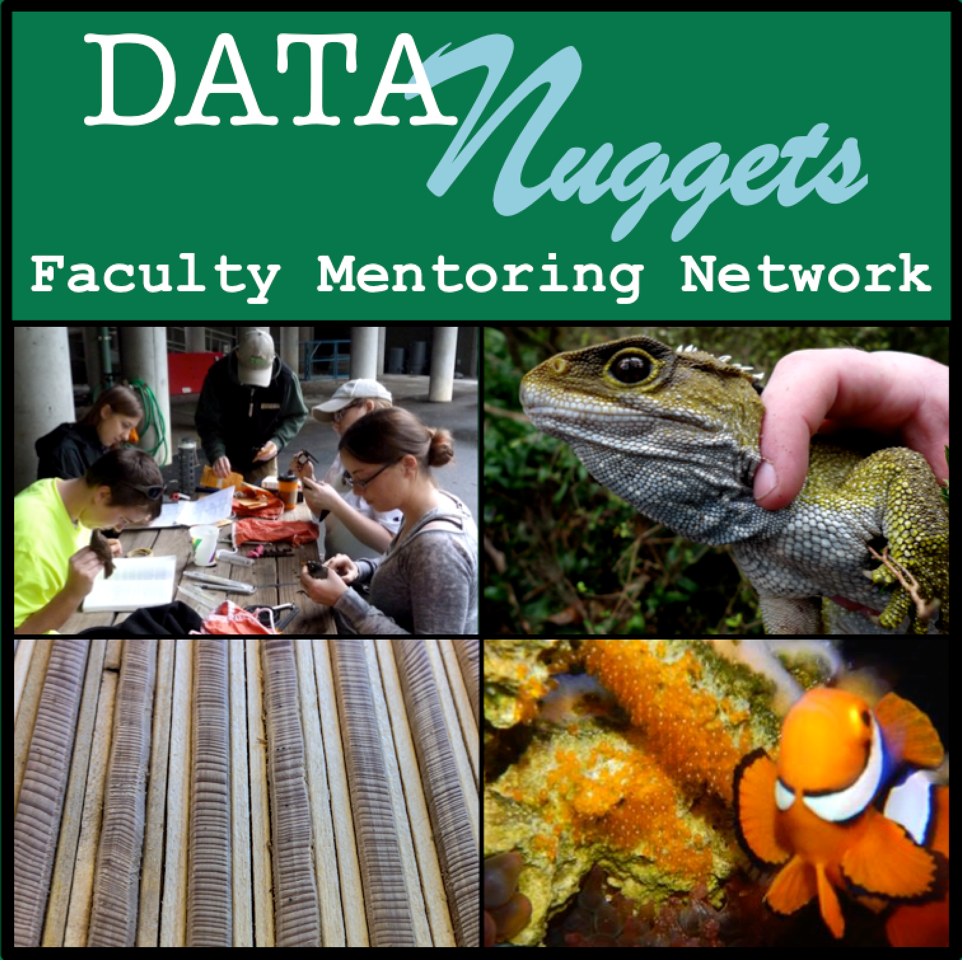Modification to City Parks
Author(s): Kristen Kaczynski
California State University - Chico
1970 total view(s), 732 download(s)
CityPark_data nuggets.pdf(PDF | 36 KB)
Island-Biogeography-Data.pdf(PDF | 86 KB)
- License terms
Description
I utilized this module as a full class activity (70 minutes) on examining species richness as part of the biodiversity section in my Earth System Science course, an upper division course for environmental science and biological sciences majors. I introduced the topic by slightly modifying the power point that was provided. I added additional slides introducing how we measure biodiversity. I showed a subset of the camera trap data (and students loved these photos!). I used a jigsaw approach, where the overall goal was to have each group of students calculate the species richness, Shannon’s diversity index and species evenness for one or two parks.
I broke the class into five groups of three or four students and handed out the worksheet and briefly went over how to calculate species richness, Shannon’s diversity index and species evenness. I assigned each group one or two parks (depending on how many cameras were present). Students worked in groups to calculate each metric and we graphed each on the board, with respect to area of the park. We had a few minutes at the end of class to discuss the trends.
Post class reflection: I would have spent less time on the intro slides to allow more time for student calculations. Graphing on the board worked well and students could clearly see the trends. If there's time before class, it would be best to make sure that there is at least one strong math student in each group, as this will help the groups work more efficiently. The lecture prior was on biodiversity, so it was a good lead up to this in class activity.
Notes
This is a modification to the City Parks Data Nuggets
Cite this work
Researchers should cite this work as follows:
- Kaczynski, K. (2018). Modification to City Parks. LDC-Data Nuggets FMN (2017), QUBES Educational Resources. doi:10.25334/Q4XQ1B
